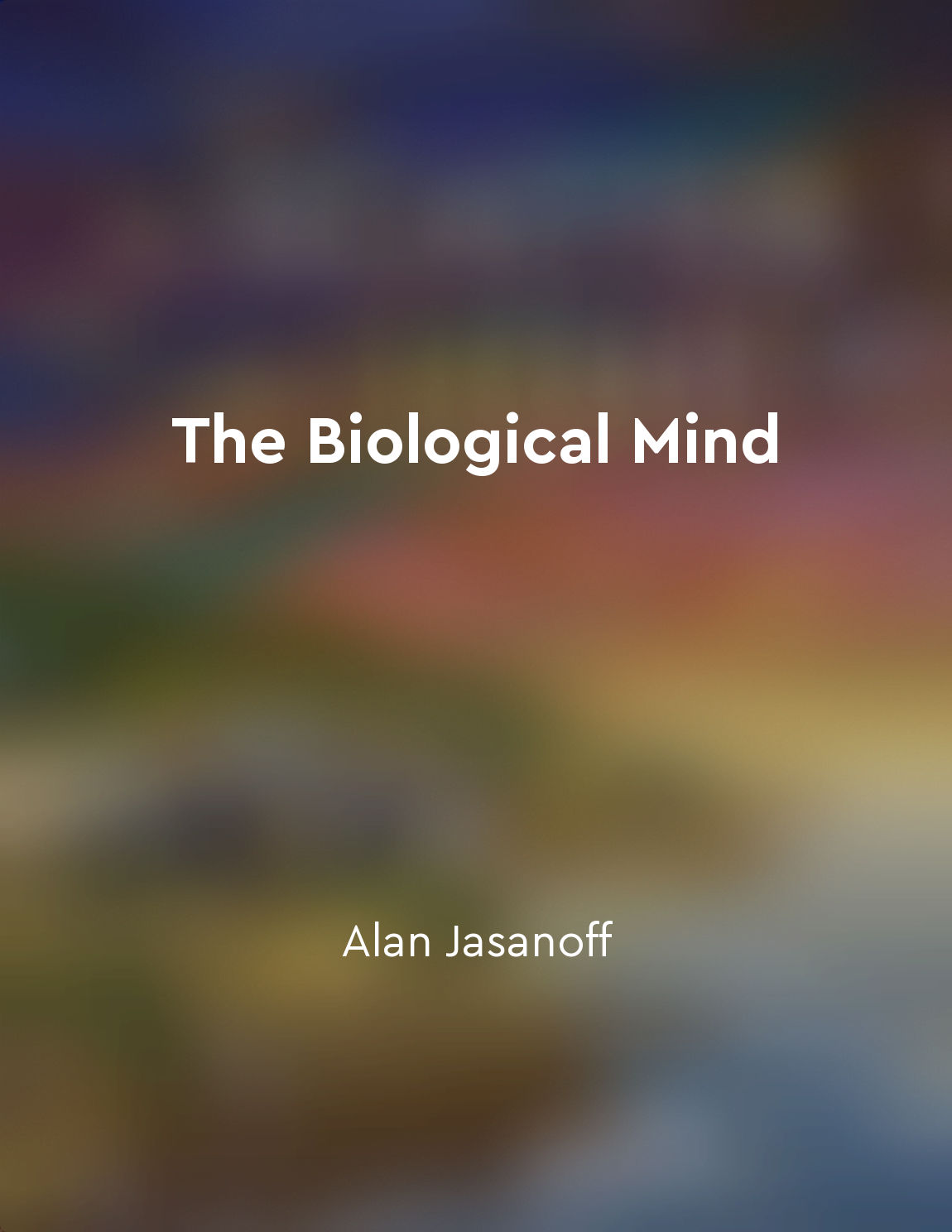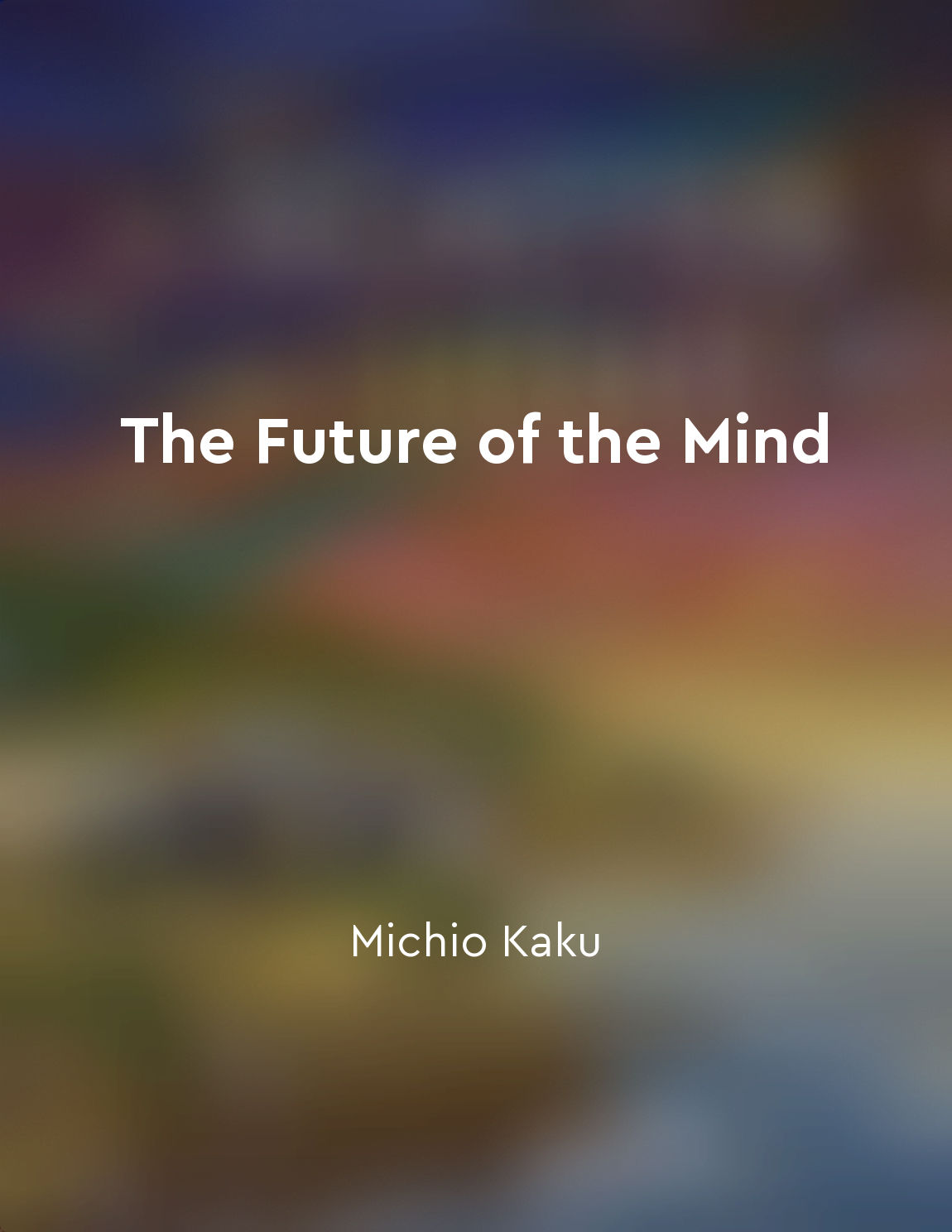Brain plasticity can compensate for sensory deficits from "summary" of Phantoms in the Brain by V. S. Ramachandran
Ramachandran demonstrates how the brain is capable of adapting to sensory deficits through a phenomenon known as brain plasticity. This remarkable ability allows the brain to reorganize and rewire itself in response to changes in sensory input. For example, when one sense is impaired or lost, such as in the case of blindness or deafness, the brain can compensate by reallocating resources and strengthening other sensory pathways. This results in enhanced perception and processing of information from the remaining senses. In the case of phantom limb pain, where amputees experience pain or sensations in a limb that has been removed, the brain undergoes a process of reorganization to adapt to the new sensory input. Through a series of experiments and observations, Ramachandran shows how the...Similar Posts
Coloring can stimulate creativity and problemsolving skills
Coloring has long been recognized as an activity that can unleash creativity and problem-solving skills. When we pick up a colo...

Phantom sensations are a window into the workings of the brain
In the realm of neuroscience, phantom sensations provide a unique opportunity to delve into the inner workings of the brain. Th...

Ethical considerations are paramount in brain research
When delving into the intricate workings of the brain, researchers must navigate a complex landscape filled with ethical dilemm...

Phantom limbs are a common phenomenon in amputees
Phantom limbs are a common phenomenon among amputees. These individuals often report feeling sensations in their missing limbs,...

Mindreading devices can give insights into thought processes
In the quest to unlock the mysteries of the human mind, scientists have developed mindreading devices that have the potential t...

Synesthesia is a blending of sensory experiences
In the strange world of synesthesia, the senses become intertwined, blurring the lines between what we see, hear, taste, touch,...
The connection between vision and memory is complex
Vision and memory are not separate or discrete functions, but are deeply intertwined and interconnected in the mind. The comple...
Mastering a skill is a gradual process
In the world of talent development, the idea of mastering a skill is often romanticized as a sudden stroke of genius or a myste...
